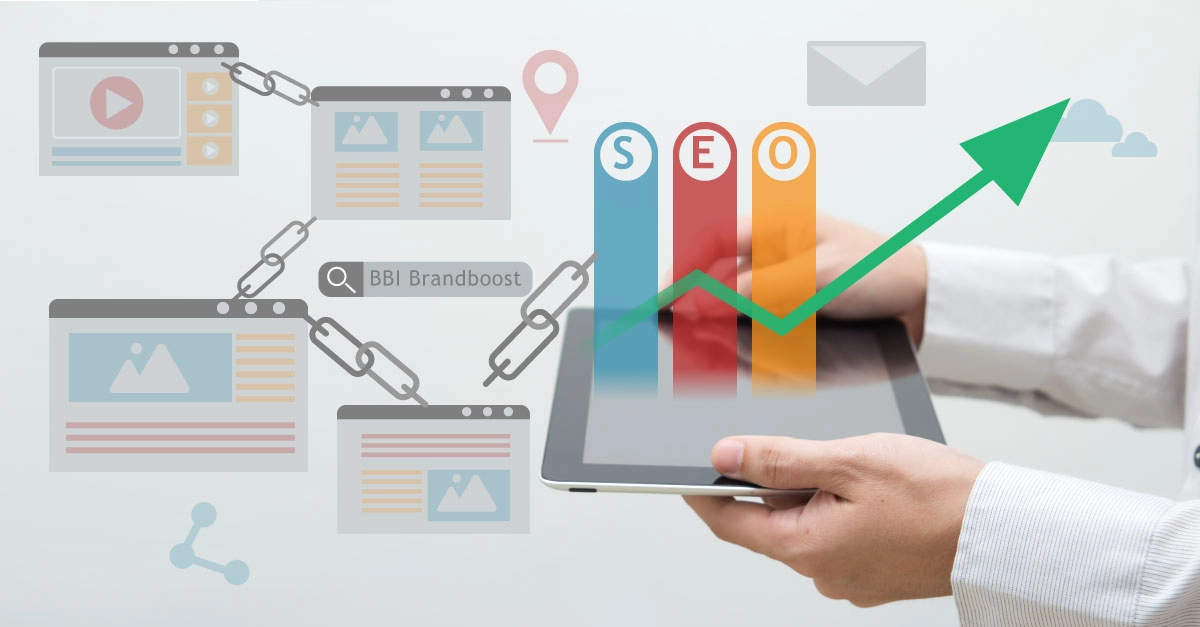In promoting websites in its search page rankings, Google uses a wide range of criteria. For instance, its EAT (Expertise, Authority, Trustworthiness) update analyses the quality and integrity of web content.
With its more recent Helpful Content Update, Google explains that: “The Google Helpful Content Update is a ranking algorithm update that aims to reward content that provides a satisfying user experience while reducing visibility in the search engine results pages (SERPs) for content that is written for the purpose of ranking in search engines to attract clicks.”
One good way to show Google that your website content is trusted is by earning inbound links to it. For instance, if a widely followed gardening blogger links to a bulb selling website and says that the bulbs are of good quality, then it indicates that the bulb selling site can be trusted. That’s why inbound links are such an important ranking factor.

Quality over quantity
So, while Google has always looked at the number of links a web page has to help determine where it should rank in search results, it should be remembered that its priority has always been about quality over quantity. Let us explain…
There are websites known as link farms which contain no meaningful content but instead are made up of thousands of links pointing to websites owned by their paying customers. A link farm exists purely for the purpose of boosting the apparent popularity of other websites by increasing the number of incoming links each one has. Businesses that use this approach as part of their strategy may well find that it will come back to haunt them because it is a linking solution which is detested by Google.
An example of when a company has been punished for manipulating links dates back to early 2013 when Interflora was penalised for failing to comply with SEO regulations. At the time it was reported that Interflora had paid newspapers to run stories which were only there to provide links back to its website, which in turn artificially improved the website’s Google ranking. Google found out and removed them from search results, just in time for Valentine’s Day!
The "dofollow" option
The best way to increase the authority of a website is to gain a “dofollow link”, which will allow Google to crawl the link and establish the credibility of each backlink. A dofollow link is a link that helps in terms of SEO by passing the authority of the origin site to the destination site. Dofollow links should reflect that the person or company linking to a website genuinely wishes to share that content without receiving a financial inducement. Links that are paid for should be labelled ‘nofollow’; it is when this rule is broken (as in the case of Interflora) that Google clamps down on offenders.
There are ways of buying dofollow backlinks, but they do not guarantee SEO success and blatantly go against Google’s Webmaster guidelines. However a recent twitter poll by Barry Schwartz shows this will not put some people off from doing this, as 37.1% of responders indicated they would pay to get links.

Reaching out to gain the best inbound links
When deciding which webpage to link to a website these factors should be taken into strong consideration:
- Relevance: A website talking about stationery should look at getting links from other sites talking about the same or connected subject matter, such as a ‘back to school’ website that helps parents choose the stationery their children will need, or a website that reviews stationery equipment. Relevant links help search engines determine what your website is about, and therefore help to ensure your website is found under relevant search terms.
- Authority & Trust: Links from trusted websites are much more likely to improve the authority of a website. For example links from a university or government department will generally be well trusted and carry significant authority. For a long time now Google has been looking for web pages to deliver this, as seen with their EAT algorithm update, the concept of which was thought up in 2014 and has grown in prominence since. Search engines like to know where you get your links from, and there are many trustworthy places where you can get them. These include blogs relevant to your business, website directories, reviews and comment sections.
For businesses that specifically aim to reach target audiences in their locality, a post by Mailchimp provides useful advice about the functioning of Google’s local algorithm, “In local SEO, it’s generally more important to acquire inbound links from businesses or organizations that are influential within your area.”
If your marketplace really is set within a limited boundary, think about ways to get other local businesses and even local news outlets to mention your company. You could sponsor a local team for example, or join and support some local associations.
Here at BBI Brandboost, as part of our SEO service, we look at establishing links that are both authoritative and relevant in line with requirements of latest search algorithms. If you would like to find out more about how we can improve the authority of your website contact us now.